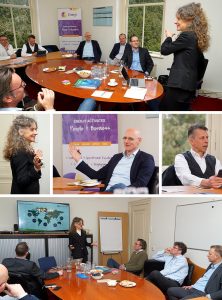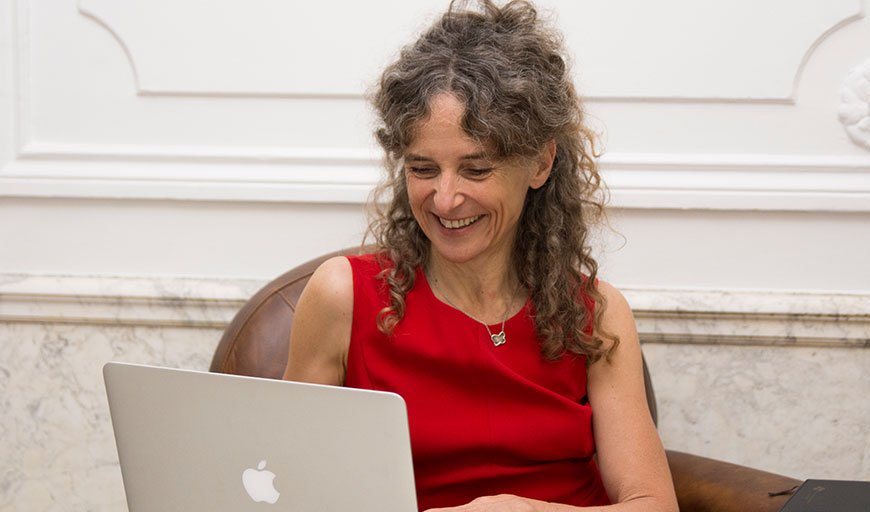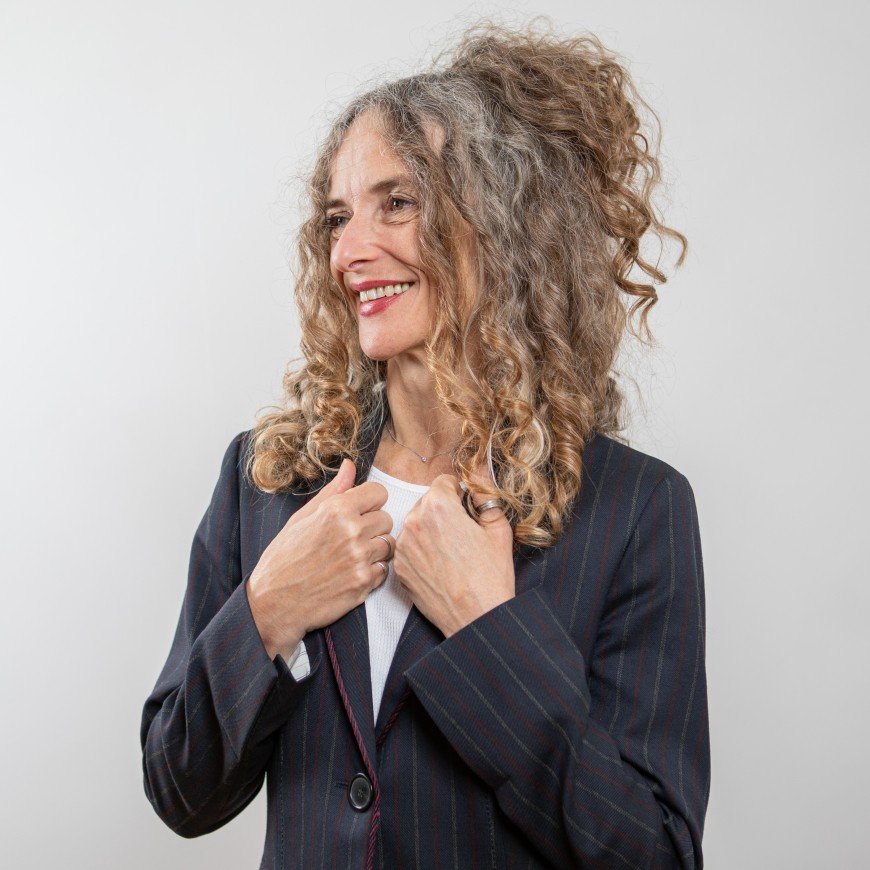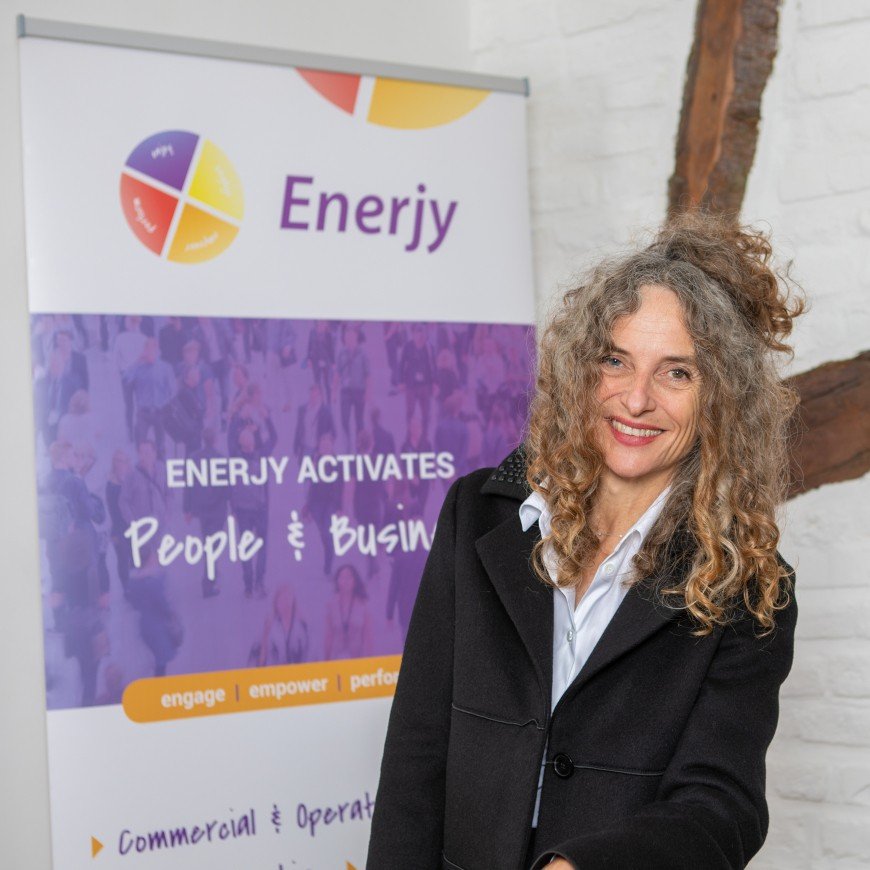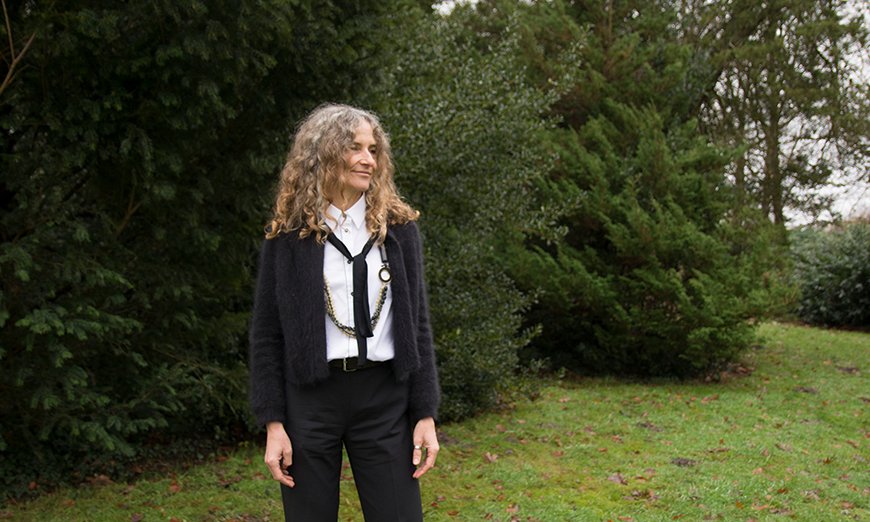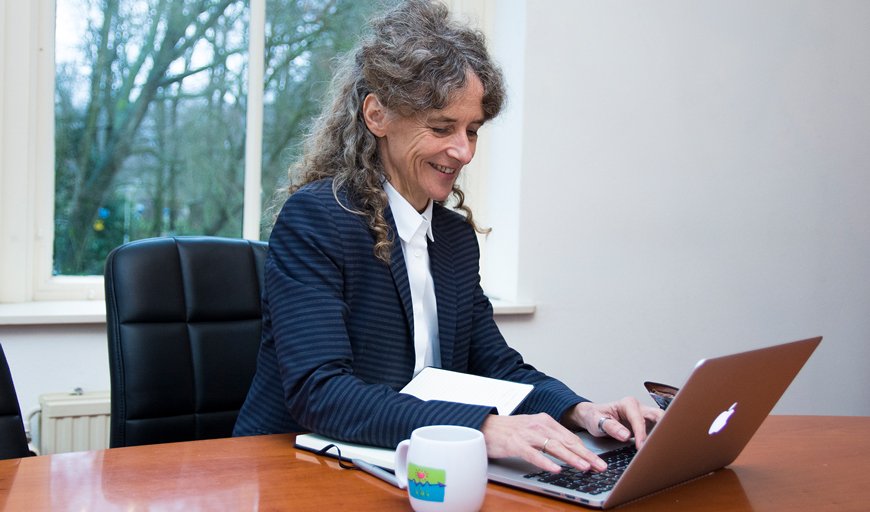
Many times I have seen people struggle with change – changing conditions, changing situations, changing roles, changing neighbours, changing weather, changing parking places, changing roads, changing work, moving to another place, changing management – leading to stress caused by insecurity, uncertainty, vulnerability and fear – and of course I have been prone to the same struggles as anybody else.
The outcome of most strategies to deal with change and the struggles that come with it can be summarized in one word: disengagement – disguised in 3 major categories –
1. Denial
2. Hide
3. Blame Others
Keeping your eyes closed or wait until it is over, or fleeing into fantasy – or as a colleague of mine used to call it: provide yourself with a cognitive redefinition of reality – is extremely tempting.
Engage!
A more productive and constructive strategy in getting out of stressful situation would be to connect with others. To look for support, to reach out, to find people that have been or are in the same situation – so why is this strategy not always the first one to undertake?
Engaging is not easy. It is more easy to work out or cover yourself with a blanket and eat a chocolate bar with your cat sitting on your lap. Especially in times of change, when you are insecure, do not know who can be trusted and who better not, where to turn and figure out what to do.
Fear often sits in the way of engaging and getting on board…
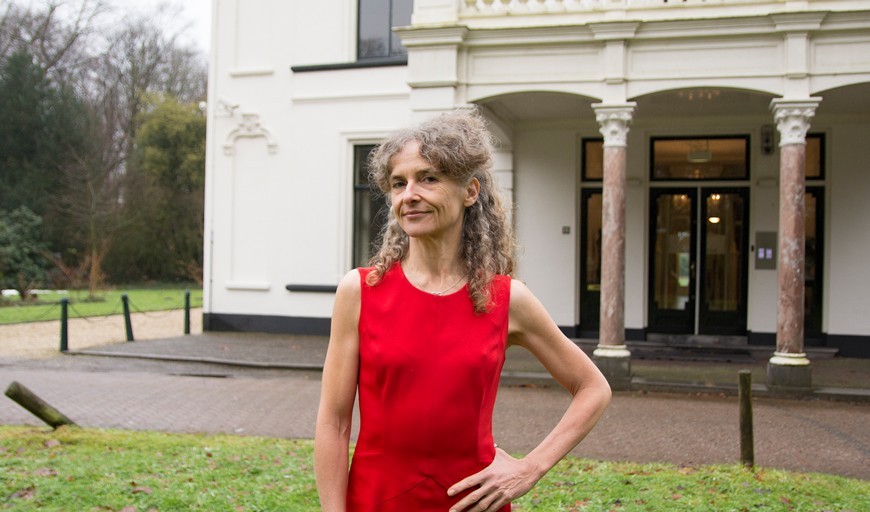
A useful practice
One of my hobbies is cycling. And one of the many things I learned from cycling is that you cycle best from the core. Of course leg muscles help, but core stability is essential for endurance, balance, efficiency of movement and breathing. If you do not stabilize from the core you get all sort of injuries – your back hurts, your neck starts to cramp – your arms pull your steer up and so on.
Another thing about cycling: you cannot be afraid. You have to “unafraid” yourself. Otherwise you cannot descend or cycle in a peloton – a group of cyclists – high speed. You have to trust that your peers will stay straight and pay attention. Otherwise you cannot profit from their wind stream. You have to be almost in their pedal, preferably.
What I have taken on from this insight is that in order to profit from each other’s strengths and support you have to “unafraid” yourself and trust your peers and the situation. You have to engage, to participate and contribute when it is your turn to lead in order to profit and be entitled to be part of the group. That is where strength originates, in trust – and celebrating success with each other.
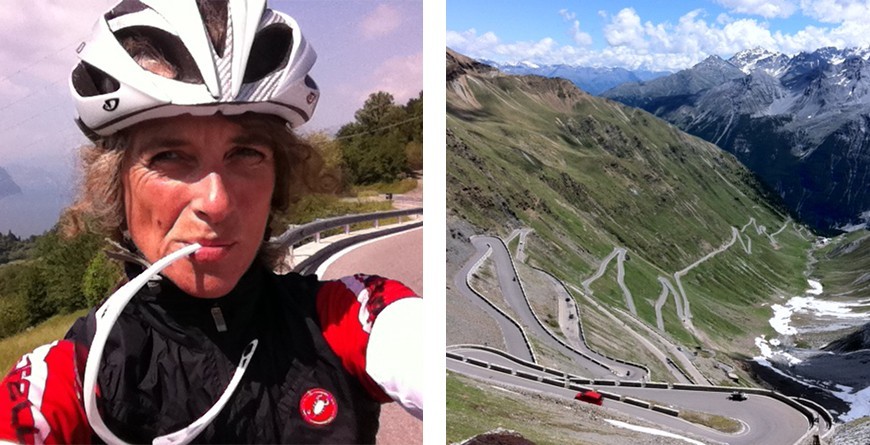
If you do not Play you cannot Win
As Change is a constant in todays business environment it is vital for all organizations to have culture where people dare to reach out for support and trust their leaders and co-workers. Where they know how to Organise support and Stay focussed. How to establish Authenticity and Core Stability. Because making real connections is only possible if the quest is genuine and true, authentic and realistic. You need to be trustworthy and trust others.
If you want to win as an organization you need to let your people play the game: Engage, Empower, Perform, Enjoy together in order to establish best results and performance.
Marja van Soest has been working as a director, trainer, consultant and coach in international Sales, Service and Leadership for over 25 years for a diversity of companies and audiences. Parallel to her business career Marja is a sports trainer specializing in In and Outdoor Cycling. Combining her passion for sports, groups, individual and organizational performance Marja developed a highly effective model on Motivation and Engagement underlying coaching, training and leadership interventions in organizational and personal change and development initiatives: Engage, Empower, Perform, Enjoy. Using this model to empower leaders to build a culture of trust is her inspiration for both business and sports practices.


